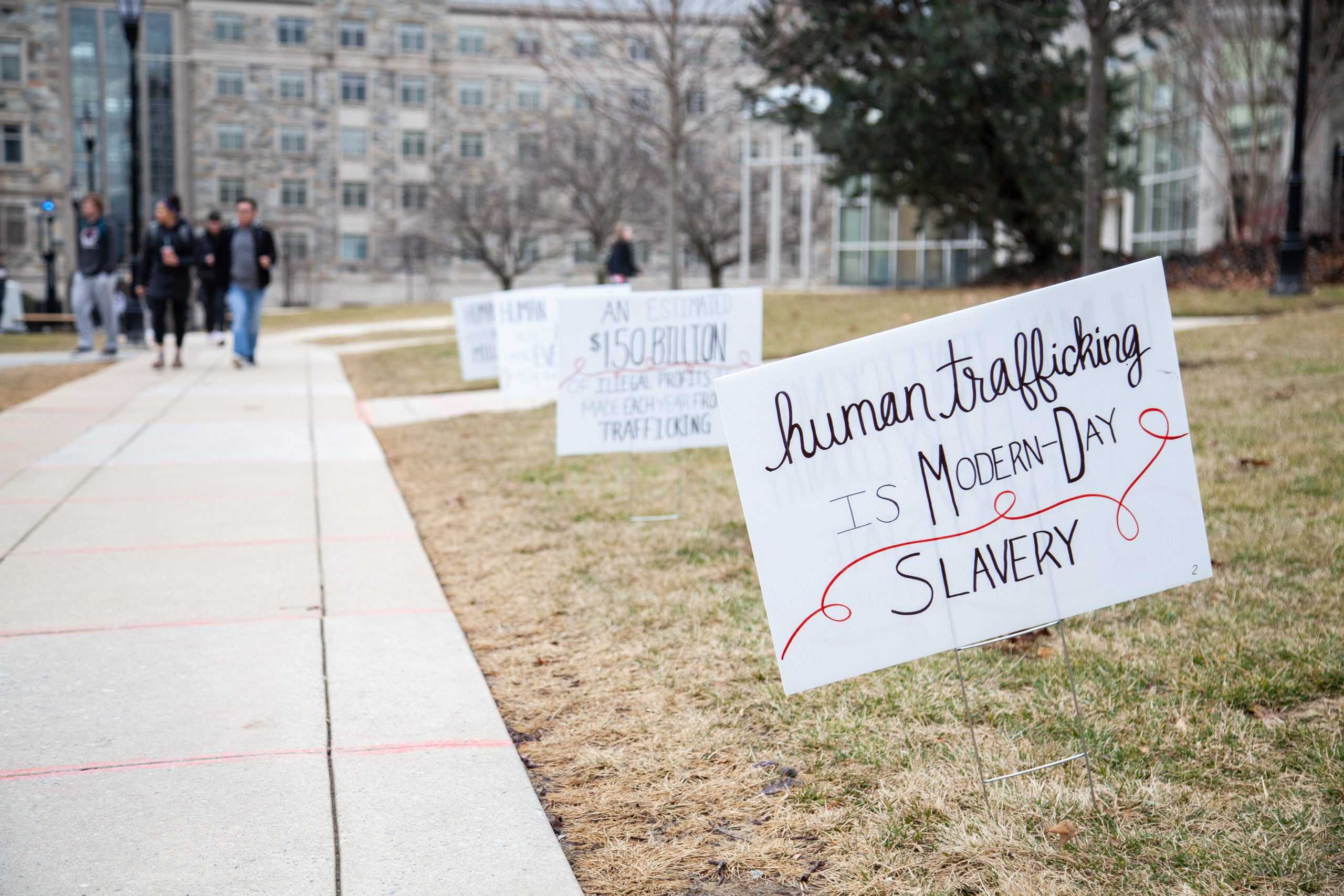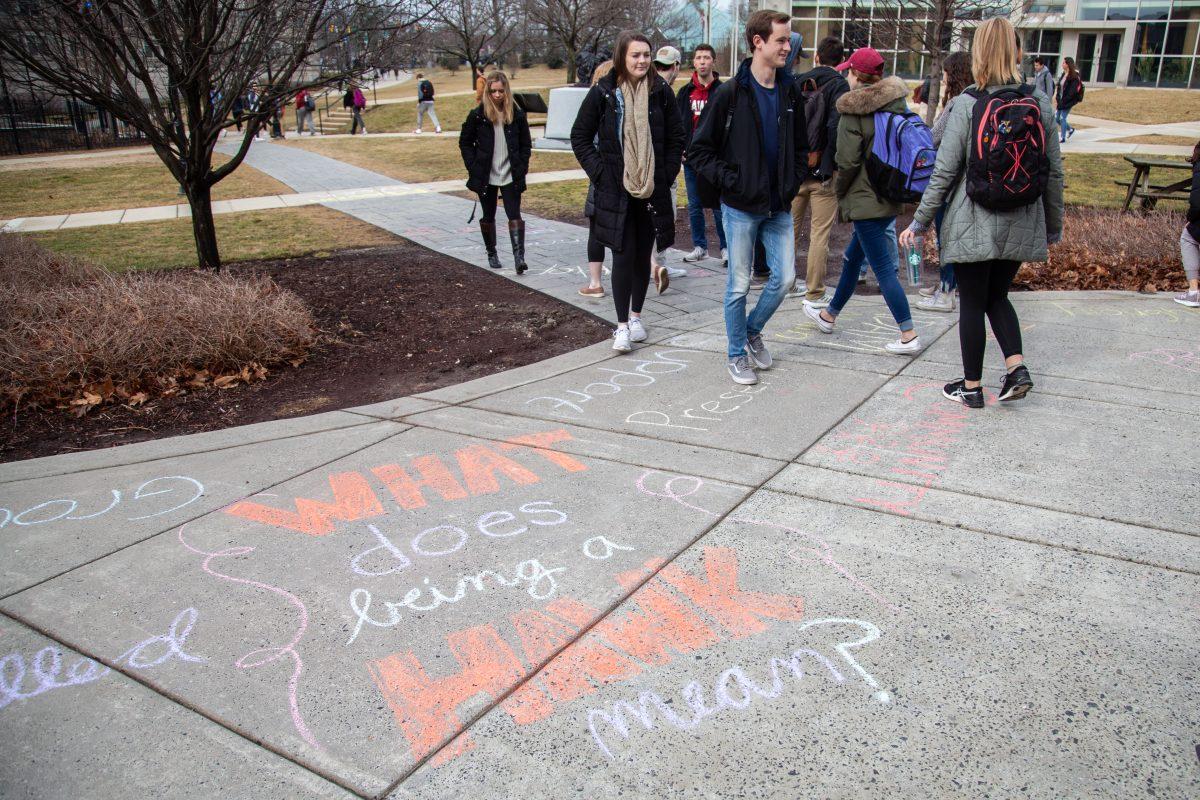St. Joe’s fifth annual mission week discusses accountability
The university’s fifth annual Mission Week, an opportunity for offices and departments to engage with the values of the St. Joe’s community, was held Feb. 16-24.
Beginning in 2014 when the university’s revised mission statement was approved, the week’s schedule featured a variety of events and activities meant to draw attention and reflection on Jesuit values and traditions.
“Mission Week strives to highlight the many ways in which our mission drives what we do at St. Joe’s,” Adam Mullin ’20 said. “It is an opportunity to celebrate where we do a strong job and call attention to areas for growth.”
This year, Mission Week scheduling included an event on administrative accountability and discriminatory issues on campus, including the racial bias incident that took place last semester.

Members of administration, students and faculty gathered for a group discussion titled “Communities Holding Each Other Accountable Through Educational, Restorative and Constructive Processes” on Feb. 19.
The discussion was facilitated by Don Haldeman, J.D., restorative justice coordinator for Delaware County and adjunct professor of sociology, Daniel Joyce, S.J., director of the Office of Mission Programs, Bill Bordak, director of Community Standards and students Andrea Mueller ’20, Paul Ammons ’20, Gabrielle Stevenson ’20 and Jeremiah Milligan ’20.
“The purpose of the meeting was to open conversation about Community Standards as a whole which of course would include the racial bias incident of last semester and all other areas for improvement in how our campus community holds each other accountable,” Mueller said.
The session centered around restorative justice practices and how they could be used for incidents of offense, harm, bias or conflict. Restorative justice involves mediated conversation between a victim, an offender and, often times, representatives of the larger community. The goal is to negotiate a resolution and provide education to prevent the offender from causing future harm.
“We’re talking about a process that is far more built around relationships,” Joyce said. “We need to find ways to keep building the relationships before anything happens, to build relationships so that when something happens, people can work with it.”The week also included a panel on refugee and immigrant services in Philadelphia, a discussion about alumni’s professional experiences facilitated by the Black Student Union and the Career Development Center and a faculty panel on polarization organized by Common Grounds.
According to the Mission Week website, the goal of the week is to “fuel the exploration of our mission.” For Ammons, that means en- gaging critically with how the St. Joe’s community can continue to grow.
“What I really want to see is more students asking questions,” Ammons said. “That’s the beginning. If we continue to demand things, nothing will change. I think students asking questions [is] so necessary, and it’s been such an absent part of campus.”
Mueller said she thinks this dialogue fits perfectly into living out the university’s mission.
“The purpose of the discussion was to get back to the heart of what it means to be a community: open and honest communication,” Mueller said. “We are guided by the Jesuit ideals that remind us not only to be for the great- est good of all students and peoples, but with each other in that endeavor.”
Alex Mark ’20 contributed to this article.













































